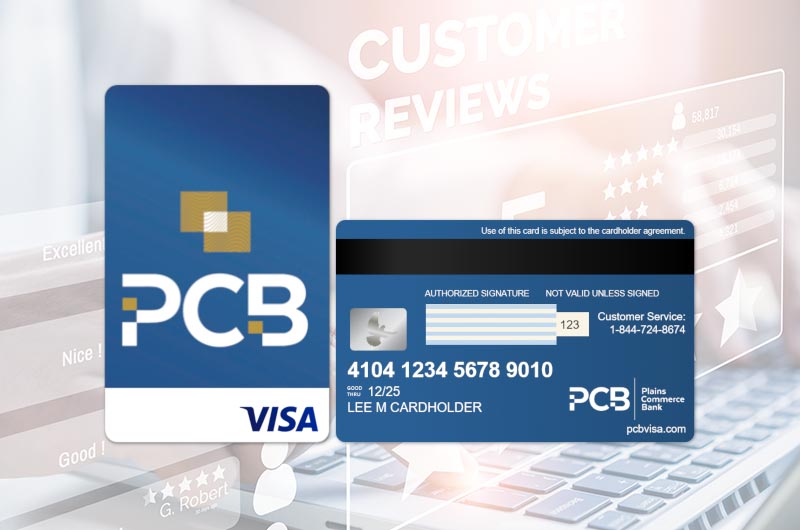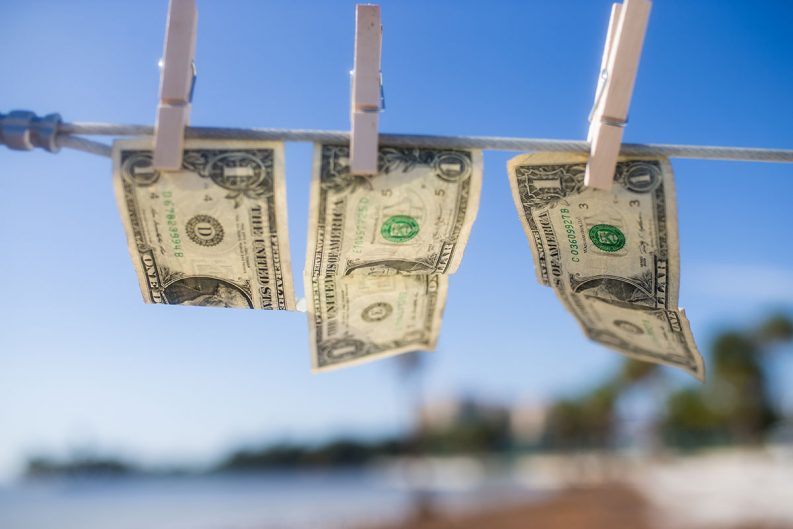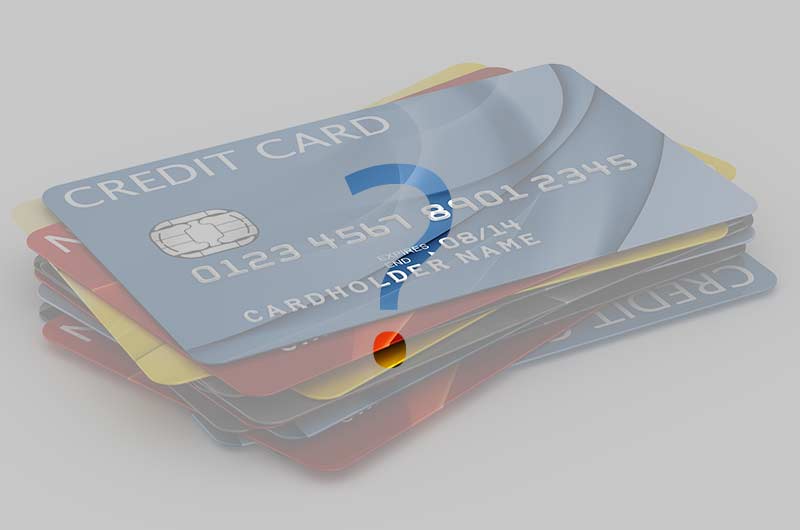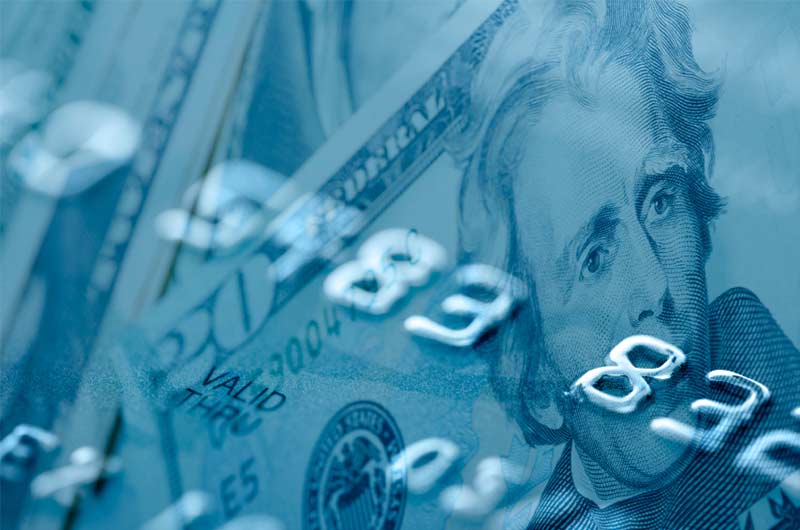Review of the PCB Secured Visa®
Is the PCB Secured Visa® a good secured credit card? What are the fees for the PCB Secured Visa®? Is PCB Secured good for building or reestablishing credit? Let’s take a close look at the pros and cons of the PCB Secured Visa®.

Overview of the PCB Secured Visa Rates, Fees and Costs
Before choosing a secured card or any credit card, it's important to understand the fees and interest rates. Here are some key features of PCB Secured Visa®:
- Initial credit limit between $200 and $1,000 with corresponding security deposit
- Maximum credit limit of $5,000 in the first year
- 18.90% APR
- $39 annual fee
- 25-day grace period
- Payments reported to all three credit bureaus
How to Increase Your Credit Limit on the PCB Secured Visa® to $5,000
When you first open your PCB Secured Visa® account, you can only submit a security deposit of up to $1,000. That will act as your line of credit for the account. But what if you want to have more money on your card?
You can increase your credit line to up to $5,000. All you need is approval from PCB and an additional security deposit to match your desired credit limit. Submit the funds with approval, and you can enjoy your boosted credit limit.
Your security deposits are completely refundable. As long as you have no outstanding balance on your card, you can cancel it at any time and receive a refund.
Advantages of the PCB Secured Visa®
The potential credit limit of $5,000 makes PCB Secured Visa® a standout among secured credit cards. Many comparable secured cards cap your credit limit at $2,000. The $39 annual fee is also low compared to other cards, making this a smart choice for a variety of cardholders.
The 25-day grace period is another perk for the PCB Secured Visa®. This is the time in which you can pay off your outstanding balance and not accrue interest. If you make a habit of paying off your balance each month within the grace period, you can keep your account in good standing and avoid interest charges altogether.
The PCB Secured Visa® has a few introductory fees for the first year that may make it a good choice for you. The card has no cash advance fee for the first year and no foreign transaction fee. A cash advance fee occurs whenever you withdraw money from an ATM. A foreign transaction fee is applied to purchases outside of the United States.
If you plan to travel with your secured credit card, not having a foreign transaction fee could save you money. Many credit cards charge a 3% fee, which is much higher than the 1% foreign transaction fee for the second year with PCB Secured Visa®. Thus you'll be saving money even after the intro period is over.
Note that there is a cash advance APR on the card, even when there is no cash advance fee. This interest begins the moment you withdraw funds, and it is unavoidable. This is why it is best to reserve cash advances for emergency situations only. The costs quickly add up.
Disadvantages of the PCB Secured Visa®
The PCB Secured Visa® has a higher APR compared to other secured credit cards. However, you can bypass the interest by paying off your balance in full within the grace period.
If you make a late payment or your payment is returned, you could face a fairly steep fee. It’s smart to make your payments well before the due date just to avoid any unforeseeable delays which may result in a late fee.
Is PCB Secured Visa® Good for Rebuilding Bad Credit?
Like most secured cards, PCB Secured Visa® can help rebuild bad credit if you use it correctly. Make your payments on time each month, and keep your outstanding balance low. These are the foundational steps for building credit with a secured credit card.
Is PCB Secured Visa® Good for Establishing Credit?
If you do not have a credit score, the PCB Secured Visa® could be a good way to begin establishing credit. PCB reports payments to Equifax, Experian and TransUnion. Most secured credit cards do this, but not all of them. When you make your payments each month, the card issuer will report them to the credit bureaus. After several months of consistent payments, you should have a credit score.
Note the importance of making your payments on time. Late payments could be a detriment to your developing a good credit score. Payment history accounts for over one third of your FICO score. Be aware of your due dates, and make at least the minimum payments in a timely manner.
How to Use a Secured Credit Card to Build Credit
Whether you choose the PCB Secured Visa® card or another secured credit card, these credit building tips can help you boost your score and establish good card management habits.
- Understand what affects your credit score. Five factors go into making up your FICO scores: payment history (35%), credit utilization (30%), length of credit history (15%), new credit (10%) and credit diversity (10%).
- Pay off your balance in full each month. If you do this within the grace period, you won't incur interest on your transactions. This will also keep your credit utilization low. That's the ratio of credit owed vs. total credit available. Aim to keep that below 30%.
- Know when your payments are due. If you cannot pay off the balance completely, make the minimum payment owed on the card. You want your account to remain in good standing.
- Increase your credit limit, if possible. The higher the credit limit, the lower your credit utilization rate will be. If you can afford to make additional security deposits without hurting your finances, consider doing so.
- Treat your secured card like a credit card, not a prepaid card. Prepaid cards don't report payments to the bureaus, so there is no penalty and no required monthly payments. Secured cards report payments just like standard credit cards. Timely monthly payments are extremely important.
- Be thoughtful about big transactions on your card. If you cannot pay off the transaction quickly, you may need to delay it until your finances improve. Carrying a balance every month will add up to unnecessary and very costly interest.
- Use your card instead of cash for daily transactions. Take that cash and turn it into a payment for the month. This will show consistent activity on your account, and it'll help you develop a habit of paying off your balance.
- Talk to your card issuer if you need to make a late payment. If you run into an emergency, you may be able to arrange a payment extension or a reduced payment for that month. Most card issuers will work with you as long as you remain in communication.
Compare secured cards here on Secured Card Choice to find the right card for your needs. Then use these tips to build your credit.


